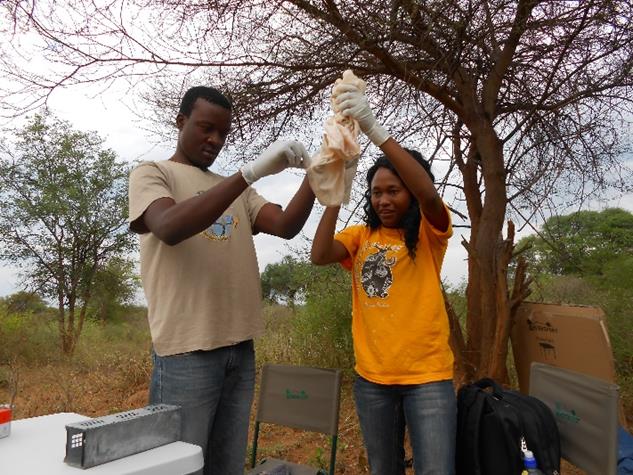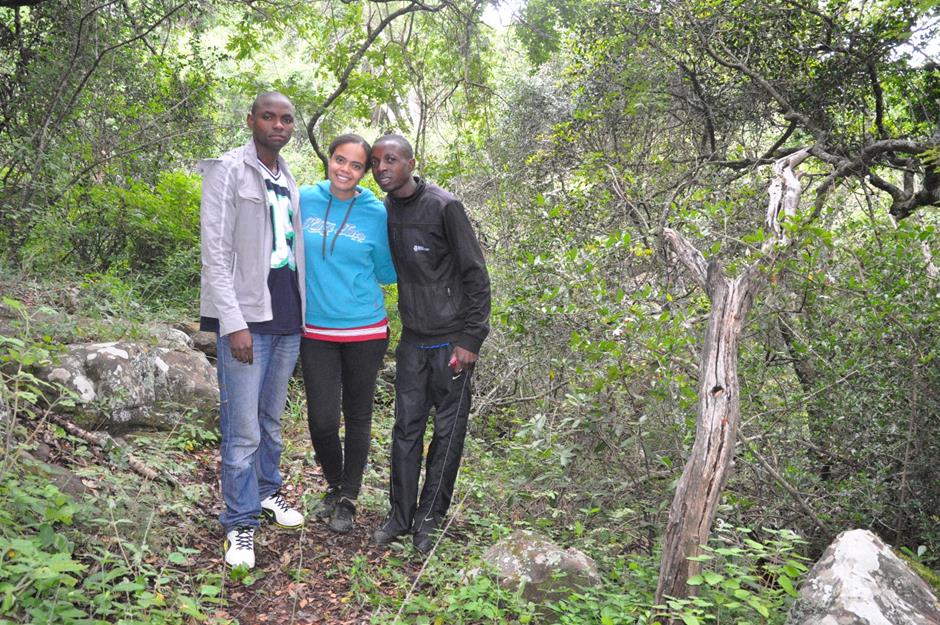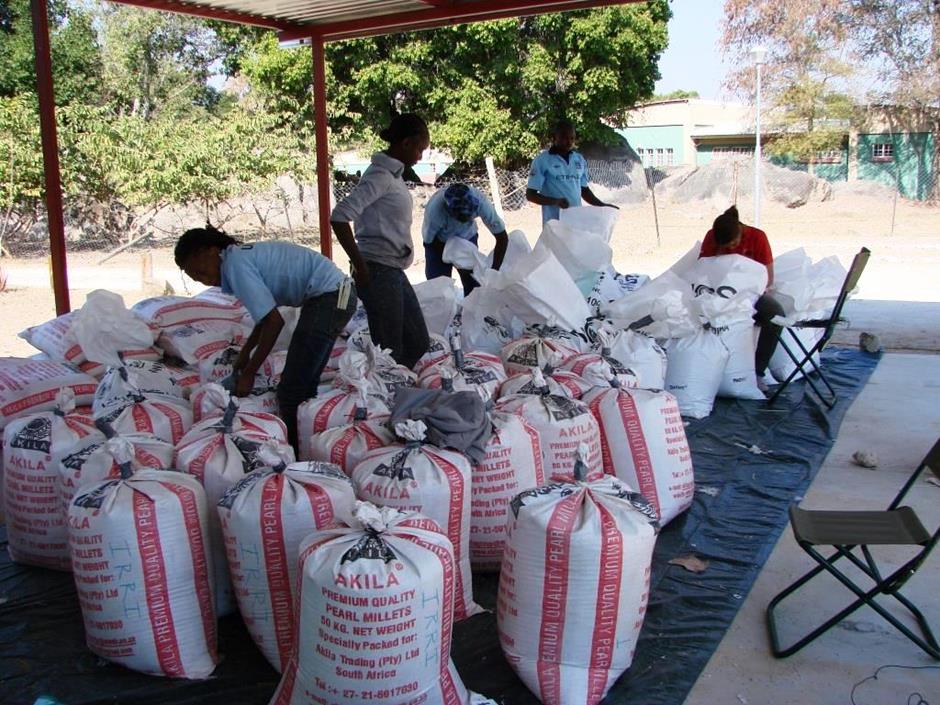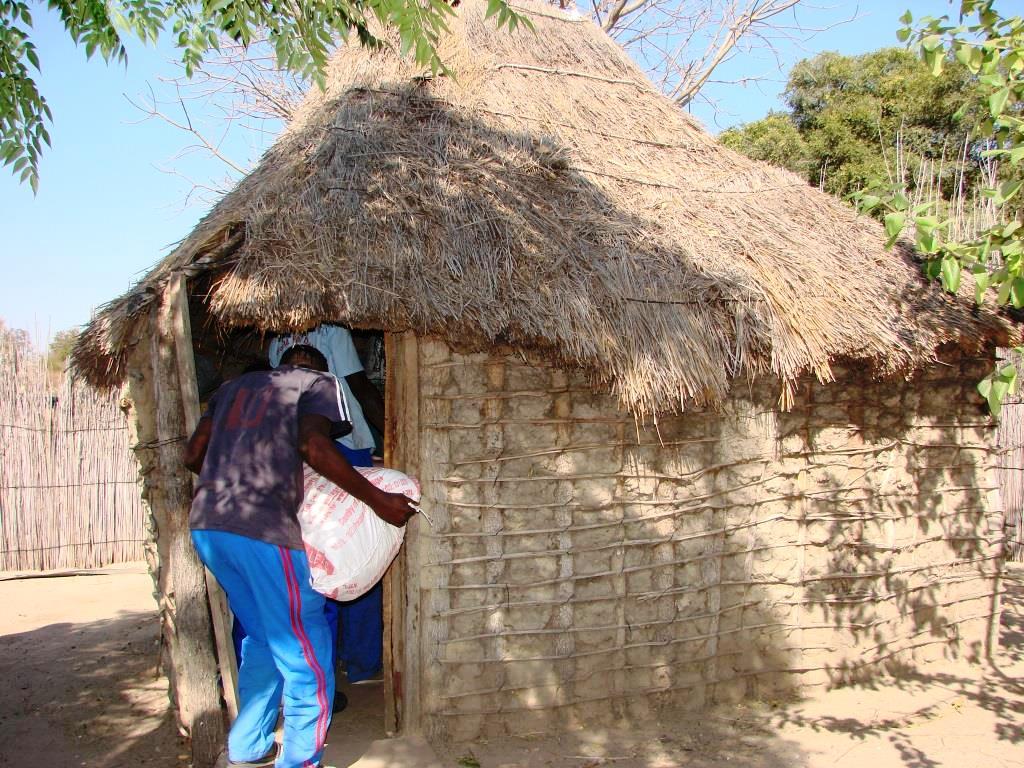The Department of Biological Sciences, Faculty of Science, University of Namibia is the main Namibian partner for the StopRats project. The National Museum of Namibia is also involved as a project associate in carrying out StopRats activities. The Namibian team is led by Dr. Seth Eiseb who is a Lecturer at the University of Namibia. Field support is provided by a number of Research Assistants: Saima Kapia, Jackson Kaoti (who are registered for MSc in Biology) and BSc (Hons.) students: Oliver Nchindo, Shannon Diener, Naomi Hatutale and John Simeon.
StopRats field activities were successfully established at the previous ECORAT Research Project (Years 2007-2009) study sites in Namibia in two villages, Kake and Diyogha, within the Mukwe Constituency (Kavango-East Region, Namibia).
Below is a list of several highlights of the project within Namibia:
Capacity building & impact of rodent diseases
Research Assistant: Saima Kapia (MSc by thesis at the University of Namibia)
Title: Detection of Leptospira species and seasonal prevalence of fleas collected from small mammals in Mukwe Constituency, Kavango-East region of Namibia
Collaborators: Dr. Seth Eiseb (University of Namibia), Prof. Loth Mulungu (Sokoine University of Agriculture, Tanzania)
Rodent trapping demonstrations
Research Assistant: Jackson Kaoti (MSc by thesis at the University of Namibia )
Title: An investigation on spatial and temporal population dynamics of rodent species in fallow land in the Mukwe Constituency, Kavango-East region, Namibia
Collaborators: Dr. Seth Eiseb (University of Namibia) & Prof. Apia Massawe (Sokoine University of Agriculture, Tanzania)

Three students attended the StopRats field school that was organized and hosted by the University of Venda

StopRats representatives in Namibia took part in a storage loss trial to test the best suitable rodent proof storage bags for millet grain in different households of the villages: Kake and Diyogha, Mukwe Constituency (Kavango-East Region, Namibia) from July to November 2015. Three different types of bags were used in this particular trial, and these are: PICS, IRRI & the Local woven polypropylene bags.
PICS = Purdue Improved Crop Storage, hermetically sealed bag.
IRRI = Super Bag manufactured by GrainPro Inc.
Local woven polypropylene bags used as control in the storage loss trial.


